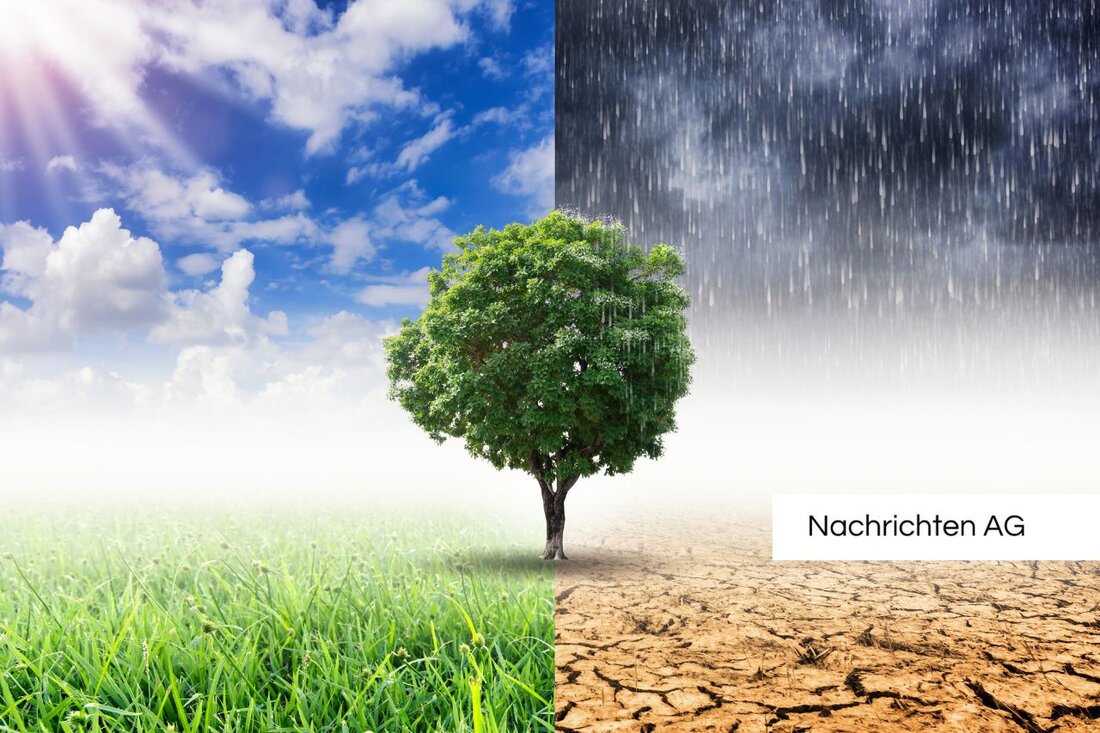Warning experts: EU Lief Chain Act in the highest danger!
Environmentalists and economists warn of the watering down of the EU Lief chain law, which is intended to protect human rights and the environment.

Warning experts: EU Lief Chain Act in the highest danger!
Environmental protection and human rights organizations, including Global 2000 and South Wind, welcomed the assessment of over 80 economists to the EU Lief Chain Act (CSDDD). In your document "Beyond Short-Term Profits" you warn of the effects of a possible dilution of this law. Experts, including Sigrid Stagl from the WU, see the supply chain law a decisive step to improve human rights, environmental protection and to fight climate change. Johannes Jäger von der Südwind emphasized that regulation is necessary to ensure security, quality, health and human rights.
A central argument by the EU Commission's critics is the claim that the Draghi report requires deregulation. It is stated that this report only mentioned the supply chain law in the appendix and is not deeply analyzed. Environmentalists therefore call for clearer rules for fair supply chains, since deregulation could lead to a step backwards. "It is urgently needed to introduce an effective supply chain law to prevent child labor and forced labor," warns Tina Rosenberger from Nesove.
The challenges of the EU supply chain directive
The current status of the EU supply chain guideline is worrying. According to the Institute for Human Rights , the initiative threatens to fail, in particular due to the abstention of the Federal Government in the decisions in the Council of the EU. However, an effective supply chain law could contribute significantly to combat exploitation and bad work. It requires that companies take responsibility for their suppliers and comply with human rights standards.
The colorful palette of global products often occurs under inhumane conditions: 1.4 billion employees worldwide work under inadequate conditions. During Covid pandemic, the situation for 160 million working children has deteriorated. The EU's responsibility, as the largest internal market in the world, becomes clear. Measures to improve the situation in the supply chains are therefore of the highest priority.
The timetable for implementation
The guideline (CSDDD), which came into force on July 25, 2024, comprises a number of human rights and environmentally related duties. Companies with more than 1,000 employees or sales of over 450 million euros must evaluate risks in their value chains and take appropriate measures. This also includes companies from third countries.
The German EU Council Presidency 2020 was a starting point for the discussion about the Lief chain law. On February 23, 2022, the European Commission presented the proposal for sustainable corporate management; An agreement was reached in December 2023. Another goal of the EU supply chain guideline is to avoid national sole revenue, which is an advantage for the EU-wide corporate landscape.
Supporting regulation would mean considerable disadvantages for companies with existing diligence. The design power of European companies could be weakened, which could lead to a legal patchwork in the long term. Experts warn not only the companies themselves, but also the global standards for human rights and the environment.

 Suche
Suche
